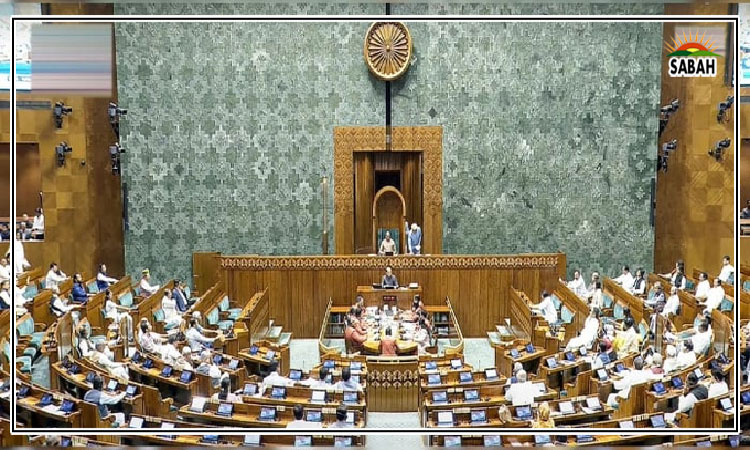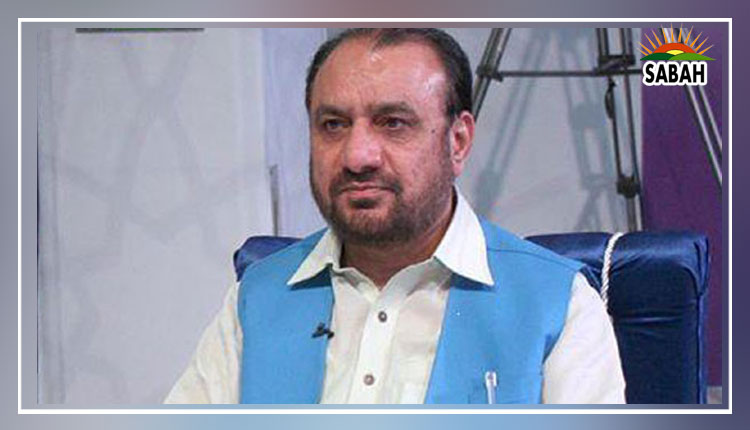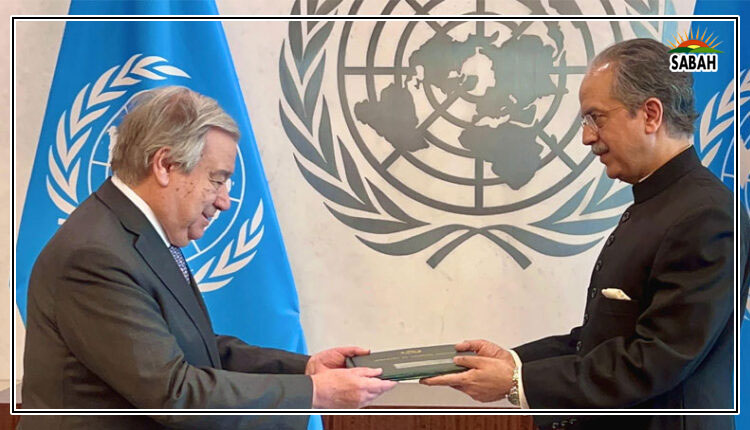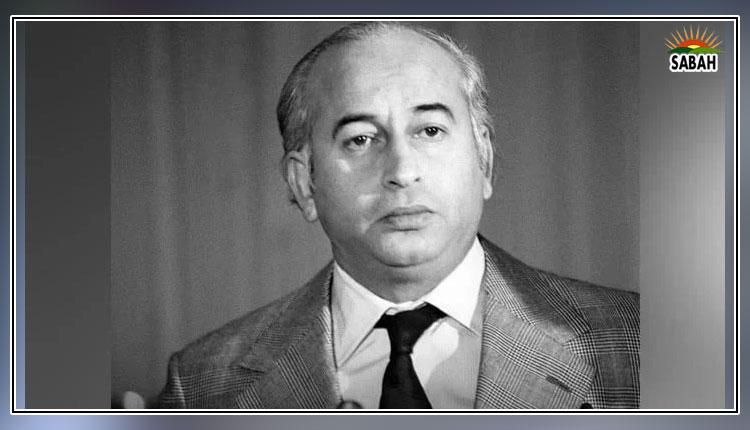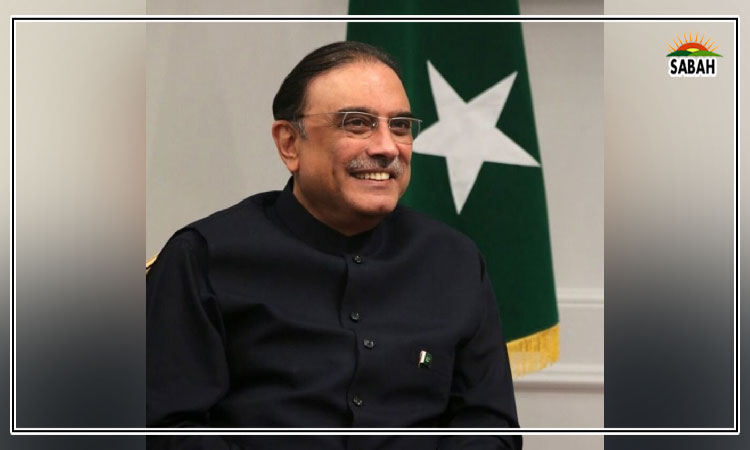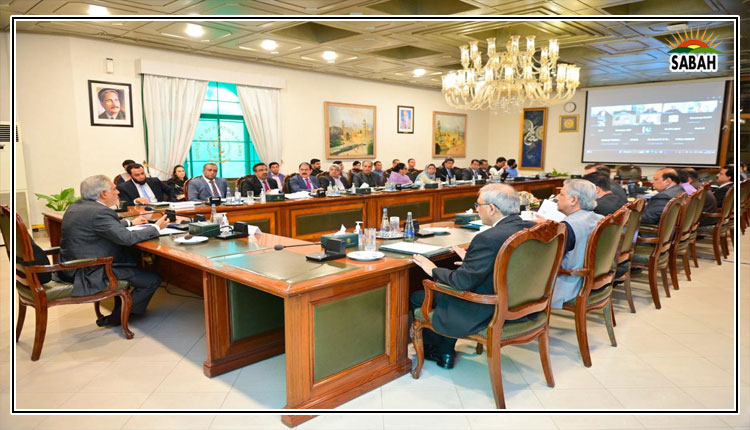Waiting for no one … Kamila Hyat
The difference between anarchy and revolution can sometimes be very small. But Pakistan is in a situation where it is waiting for one of these to unleash its forces and entrap the country in the violence that these events inevitably bring. How they end is of course a matter that varies from country to country and place to place.
We have a situation where people literally cannot eat because to do so they would have to default on their power bills and thereby have no electricity. There are people who have taken children out of school, people who have killed themselves or sold every valuable they had. There have been protests on the streets in Karachi, Islamabad and in other cities. But where is all this headed and where are we to go from here? Why is there no true organizational direction to the anger of the people or any target on which to point it towards.
One reason would appear to be the lack of a force strong enough to combine all segments engaged in protests and bring them together. We have no central leader capable of doing so. This we know for certain. There is no Che Guevara or Fidel Castro or Hugo Chavez in the midst of our vast population who could put up such a feat. We do have a small coalition of leftist or left-leaning groups, but none of them has the power to make a difference alone. Here the difference is what is desperately needed by people across the country who find themselves without jobs and without money to pay school fees. For them only drastic change will work.
The Left argues that it has solutions to Pakistan’s problems. There are also efforts by some to put in the groundwork that is needed to create real change and win over people. The Haqooq-e-Khalq Party of Ammar Ali Jan is running a clinic in Harbanspura, which has conducted studies on water quality and is doing other work in the hope of bringing over people into its ranks. But it takes more than this to build revolutions and create real change.
It will take leaders to manage the difference. We don’t even have a leader who can call himself or herself a Socialist Democrat, such as Bernie Sanders in the US. In this situation, the question arises: what is to be done?
In the first place, we need the left to unite, come together as quickly and as strongly as possible. This is an extremely difficult task given the focus so many left parties place on their precise ideology, rather than on the broader motif of helping the people. The ‘Haq Do Tehreek’ in Gwadar led by Maulana Hidayatullah is an example of how the left and right can meet. Perhaps this is what needs to be done. People working in the political sphere need to create a broad coalition of parties from as many places as possible who are ready to give up their separate identities for the single cause. This is a difficult task and one that will be difficult to meet. It is also true that many political parties are in the game of politics for their own egos and their own recognition as forces with the ability to lead people rather than for the good of all. This too has to be accepted.
But the time has come when we need groups ready to work for the people and for the people alone. To do so, they must put aside their own individual ideologies and unite, forgetting minor differences. It is sad that no mainstream party has so far spoken up in favour of the people or in favour of a movement that would involve crushing the system that creates poverty and keeps wealth in the hands of a few. Certainly, the major parties do not wish to speak out in these uncertain times for fear of repercussions of various types. But the time will come when they will have no choice but to do so.
At the present time, we need voices which can join together. Perhaps we also need strategies. In our society, both rural and in the localities where the poor live in urban areas, music could be a tremendously powerful tool. The verses of Habib Jalib and others like him are badly needed today. Some of Faiz Ahmad Faiz’s verses could also be useful of course. There are other poets beyond this who have put together poems and mean a huge amount to people. There will also be local people of wisdom and poetry who can say what they feel in those much-neglected languages: Balochi, Punjabi, Seraiki, Sindhi, Hindko or others. They all need to be brought together on a common platform. This may not be an easy task, but rather than simply talking of this endeavour and its difficulties, this is what the left-leaning parties, who claim they will seek change, need to struggle for.
They also need to be sure what their struggle is meant to achieve. People need to be told what the goal is and how the parties intend to reach it. Of course, this is difficult the first time round for the miniscule leftist parties which make up the Pakistani whole. But perhaps in time, this could grow into a bigger movement where the young people coming in to join the ranks already know that there are many young people who seek change and who also seek a voice. They cannot be neglected or ignored. If there is enough momentum, the current rage of people, the correct time to lead forward towards the next Pakistan, the so-called ‘Naya Pakistan’ and Pakistan that past political leaders have attempted to create.
This will not be an easy matter. We have to grapple with many factors ranging from the falling rupee, to the joblessness and failures to offer vocational training to younger people. We also have to set up a system which will offer something resembling a fair education to children from all walks of life, no matter where they come from, and which family they belong to. This is the stepping stone of a society which is able to move ahead and is clear in its vision and in its ideas. Moving towards such a society is something that has to happen in Pakistan. This already happened in many other countries, both in our neighborhood and further afield in South America, in Southeast Asia and other places. How the change will happen is something that is still far from certain. For the moment we can only watch and wait and expect very little in the immediate future, but perhaps something in the years that lie ahead.
The writer is a freelance columnist and former newspaper editor. She can be reached at: kamilahyat@hotmail.com
Courtesy The News


